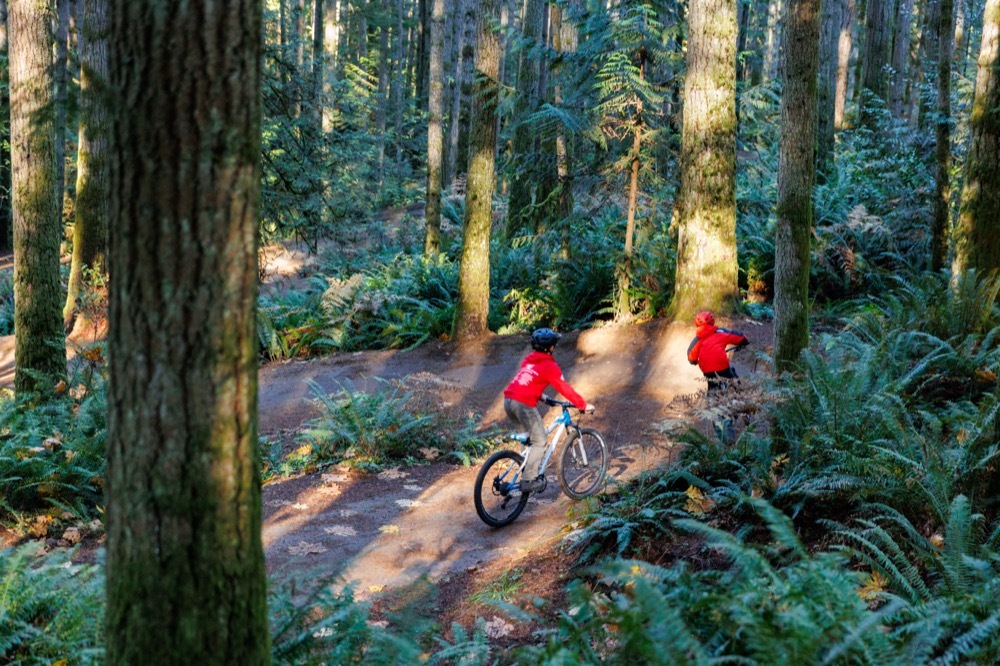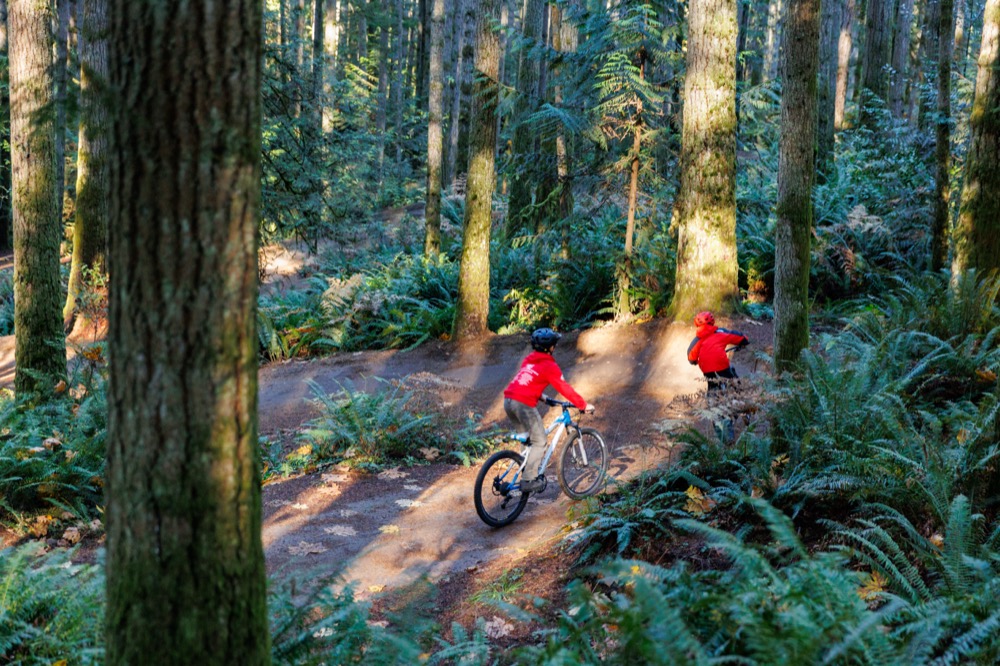Cougar Awareness and Education
With numerous recent cougar sightings at Duthie Hill and a cougar attack in Olympic national park, we wanted to share some information from the Washington Department of Fish and Wildlife about cougars and provide guidance on what to do if you encounter a cougar on your local trails.
The info below is from the Washington Department of Fish and Wildlife:
The sighting of a cougar does not mean that the cougar will become a threat to human safety. Cougar attacks on humans are extremely rare, they are secretive and shy and usually avoid contact with people.
If you encounter a cougar here are some things to remember:
- Appear as large as possible. Get above the animal (e.g., step up onto a rock or stump). If wearing a jacket, hold it open to further increase your apparent size. If you are in a group, stand shoulder-to-shoulder to appear intimidating.
- Make noise. Shout loudly and clap your hands repeatedly. Making loud sounds is something prey would never do and that discourages an escalation.
- Act like a predator yourself. Maintain eye contact and never run past or away. Aggressively wave your raised arms, throw stones or branches, all without turning away.
- Slowly create distance. Consider whether you may be between the animal and its offspring, or between the animal and its prey or cache. Back slowly to a spot that gives the animal a path to get away, never turning away from the animal. Give the animal the time and ability to move away.
- Protect yourself. If attacked, fight back. Use any kind of weapon like rocks, tree branches, walking sticks, backpacks, and even fists to turn the animal away. Pepper spray is also an effective deterrent.

Safety When Recreating:
Carry bear spray whenever you recreate outdoors; know how to use it, when it expires and keep it accessible (Holster, harness, bike holder specific for the product, etc.). Never store bear spray in a backpack.
Mountain Biking
- Riding with a partner or in a small group is always recommended as a safety measure against getting injured, getting lost, or avoiding conflicts with wildlife.
- Use a bell or make noise as you go along the trail.
- Avoid being in low-light conditions
Running
- Avoid running in cougar country alone, particularly at dawn, dusk, or after dark.
- Avoid running with headphones or ear buds that can block out sounds around you.
- Make noise as you go along trails.
- Always stay aware of your surroundings.
Hiking & Camping
- The best defense is to be aware of your surroundings and look and sound human! The human voice is a great deterrent.
- Hike in small groups and keep children close to the group.
- Make enough noise to avoid surprising wildlife, especially at bends in the trail. Whistles work well.
- Avoid approaching dead animals, especially deer or elk; they could be prey left for a later meal.
If You Encounter a Cougar:
Cougar kittens can look similar to domestic cats. Always give a cougar or cougar kittens a very wide berth.
- Never approach the cougar or offer it food.
- Stay together in one group.
- Face the cougar. Talk to it firmly and hold your ground . Always leave the animal an escape route.
- Move slowly. Running or rapid movements may trigger an attack.
- If the cougar does not leave the area, be more assertive. If it shows signs of aggression (crouches with ears back, teeth bared, hissing, tail twitching, and hind feet pumping in preparation to jump), shout, wave your arms and throw anything you have available (water bottle, book, backpack) at the animal. Use bear spray at this point!
- If the cougar attacks, fight back. Be aggressive and stay on your feet. Spraying bear spray (EPA approved) in the cougar’s face is also effective, even if the spray ends up on you and the cougar.
Below are links for additional information. The first link is the Living with Wildlife- Cougars PDF, and the second is our Predatory Wildlife Map where you can see all confirmed and unconfirmed sightings in that area.
If you need more information call the WDFW Wildlife Program at 360-902-2515, or if you see the cougar again file a report with WILDCOMM at 360-902-2936, Opt. 1 or

